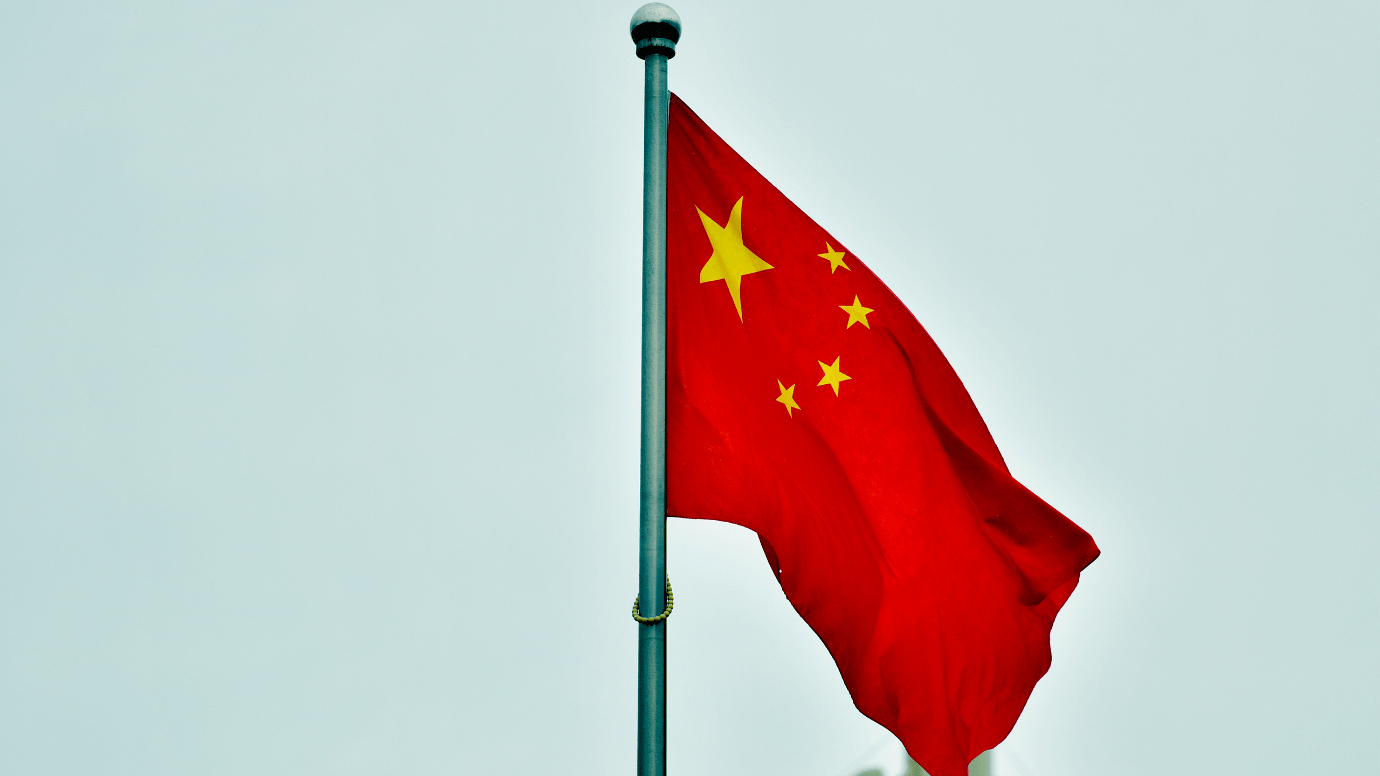
Why Skills-First Leadership Is Replacing the Ivy League Playbook in the C-Suite
The old prestige pyramid—where Ivy League degrees and blue-chip consulting backgrounds paved the way to the CEO seat—is cracking.

July 24, 2023: On Friday, Chinese economy struggles to gain traction hence decided to increase the production of automobiles and electronics to shore up a lagging economy. Still, the efforts failed to brand investors clamoring for more potent stimulus.
Regions will be encouraged to increase annual car purchase quotas, and efforts will be made to support sales of second-hand vehicles, said a statement on automobile consumption issued by 13 government agencies, including state planner National Development and Reform Commission.
As China’s post-pandemic economic recovery slows, policymakers have identified the country’s auto sector as a critical lever that they want to use to shore up growth. In June, they unexpectedly extended a purchase tax break on new energy vehicles until 2027.
But domestic consumer demand has remained weak, and the world’s largest auto market has been grappling with a price war triggered by Tesla in January that has since spread to more than 40 brands offering discounts on their vehicles.
In March, a top industry association urged the auto industry and authorities to cool the “price-cut hype” to ensure the healthy and stable development of the industry.
The Friday statement aimed at encouraging automobile consumption echoed this. “Localities must not roll out protectionist policies and avoid vicious competition,” it said.
A separate statement on supporting sales of electronics products said authorities would encourage scientific research institutes and market entities to actively apply domestic artificial intelligence technology to improve intelligence levels of electronic products.
The measures echoed similar ones announced by authorities in recent months and failed to expand the market, with shares in China’s automobiles index down 0.3%. The electronics index fell 0.6%, against a 0.1% rise in the benchmark index.
Investors have said they are disappointed by China’s weak second-quarter growth and want to see more substantial stimulus, with some pinning their hopes on the Politburo meeting later this month.

The old prestige pyramid—where Ivy League degrees and blue-chip consulting backgrounds paved the way to the CEO seat—is cracking.

Loud leaders once ruled the boardroom. Charisma was currency. Big talk drove big valuations.

But the CEOs who make history in downturns aren’t the ones with the deepest cuts

Companies invest millions in leadership development, yet many of their best executives leave within a few years. Why?

The most successful business leaders don’t just identify gaps in the market; they anticipate future needs before anyone else.

With technological advancements, shifting consumer expectations, and global interconnectedness, the role of business leaders

Following a distinguished Law Enforcement career Joe McGee founded The Securitatem Group to provide contemporary global operational specialist security and specialist security training products and services for private clients, corporate organisations, and Government bodies. They deliver a wide range of services, including complete end-to-end protection packages, close protection, residential security, protection drivers, and online and physical installations. They provide covert and overt investigations and specialist surveillance services with a Broad range of weapons and tactical-based training, including conflict management, risk and threat management, tactical training, tactical medicine, and command and control training.

Jay Wright, CEO and Co-Owner of Virgin Wines infectious energy, enthusiasm, passion and drive has been instrumental in creating an environment that encourages talent to thrive and a culture that puts the customer at the very heart of every decision-making process.

Fabio de Concilio is the visionary CEO & Chairman of the Board at Farmacosmo, a leading organization dedicated to mental health and community support services. With a deep commitment to identifying and meeting customer needs, Fabio ensures that high standards are maintained across the board.

Character Determines Destiny – so said Aristotle. And David CM Carter believes that more than anything else. For David, it has been numerous years of research into codifying Entelechy Academy’s 54 character qualities that underpin everything he stands for as a leader and teacher.


Leave us a message
Subscribe
Fill the form our team will contact you
Advertise with us
Fill the form our team will contact you